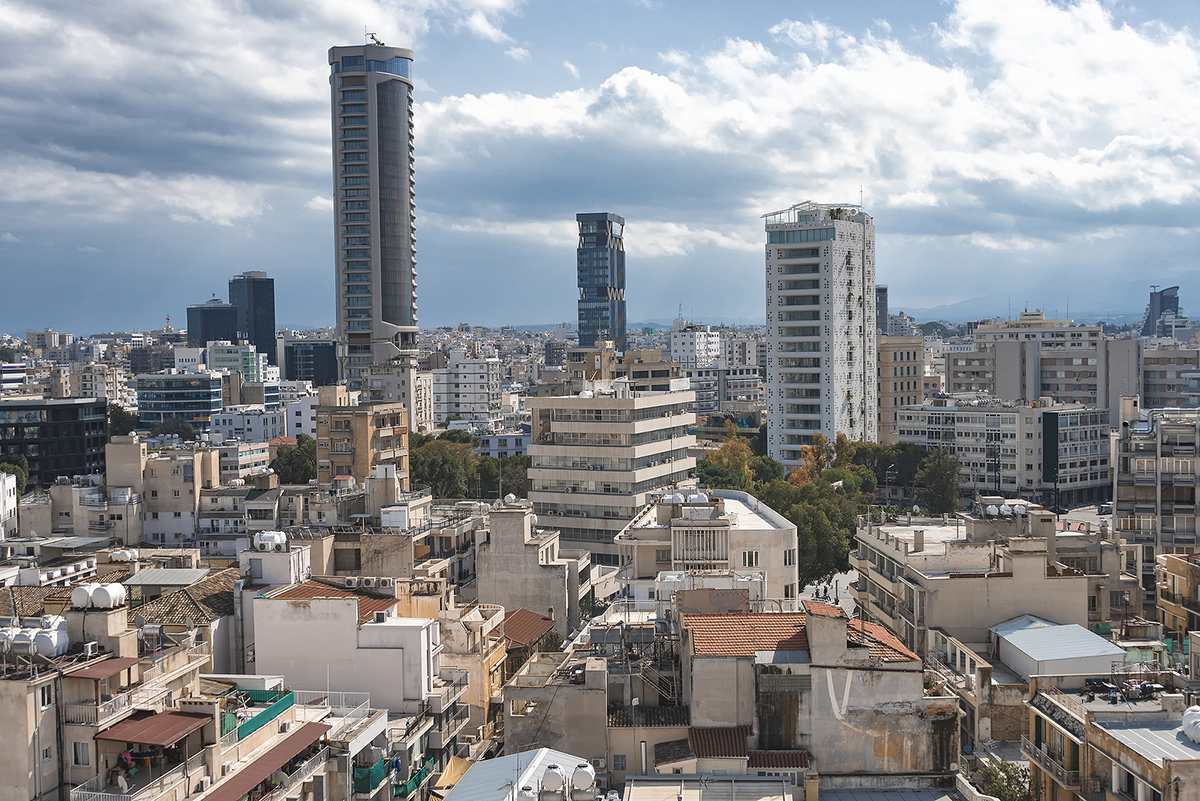Charles Ellinas*
To many it may not sound surprising, but it is a sad reflection of the last ten years. Cyprus continues its freefall global rankings, in a number of independently produced indexes this year, notably in corruption, democracy, competitiveness and sustainability. This time it is in freedom and prosperity, based on an annual report released by the Atlantic Council in June.
The freedom index includes measures of economic, political, and legal freedom. In the report, legal freedom comprises five key components: clarity of the law, judicial independence and effectiveness, bureaucracy quality and corruption, security and informality. Political freedom is based on elections, political liberties, civil liberties, legislative constraints on the executive. Economic freedom is measured on the basis of property rights, trade freedom, investment freedom, women’s economic opportunity.
The prosperity index is based on six components: income, health, inequality, environment, minority rights and education. The report assesses not only the level of prosperity today, but also whether it is sustainable in the future.
Even though Cyprus is ranked as free and prosperous, as would be expected, it lost ground yet again. In the 2023 report its freedom score dropped to 39th position from 30th in 2022. Its prosperity score dropped to 29th position from 26th.
Coupled with concerns by the European Commission (EC) in its ‘Rule of Law’ report, released 5 July, over how justice is served in Cyprus, these must be seen as worrying developments. The European Commissioner for Justice, Didier Reynders, was highly critical when he said, ‘It’s not enough to have qualified and independent judges when the way justice is served fails to be effective.’
The EC also released its 2023 ‘Surveys on Corruption’ report on 5 July. Sadly, but not unexpectedly, Cyprus was ranked 4th from bottom. 92% of Cypriots believe corruption is widespread in our country, especially in public institutions, and 66% believe that the level of corruption has increased during the last 3 years. Cyprus performs really badly in terms of ‘too‐close links between business and politics in our country lead to corruption’ and ‘high‐level corruption cases are not pursued sufficiently’. Cyprus also performs poorly in terms of ‘favouritism and corruption hamper business competition’, and ‘the only way to succeed in business is to have political connections’. Comparisons are in relation to the European average. Most Cypriots believe reporting corruption would be pointless because those responsible will not be punished.
In its own report, the Atlantic Council has ‘…found a high correlation between our Freedom Index and our Prosperity Index, indicating that freer countries tend to be more prosperous. And we have reason to believe, based on the trajectory of the results over time along with other historical evidence, that improvements in freedom will eventually lead to greater and more durable prosperity.’
The Atlantic Council concluded that the quality of life, measured in terms of health, environment, happiness, and minority rights, improves as a country moves toward greater freedom. Cyprus dropping nine places on the Freedom Index rankings, can only be seen as a negative and worrying development.
The Atlantic Council also stated that institutions are the key to long-run economic growth as they provide the rules of the game. The fact that Cypriots consider their public institutions to be corrupt, if not tackled, poses serious question about the future.
Cyprus deserves better. Unfortunately, there has been a continuous deterioration in most areas that are key to a prosperous future, in the more recent period. Cypriots have the potential and can come out of this spiral of continuous decline in standards. This requires leadership and a just, non-corrupt, system, that provides the environment to allow them to do so.
These reports help identify the problem areas and the flaws in Cyprus’ public institutions. In effect they provide a roadmap that Cyprus could do well to use to reverse the decline and benefit in the process.
*Charles Ellinas is Senior Fellow at the Global Energy Centre of the Atlantic Council.




